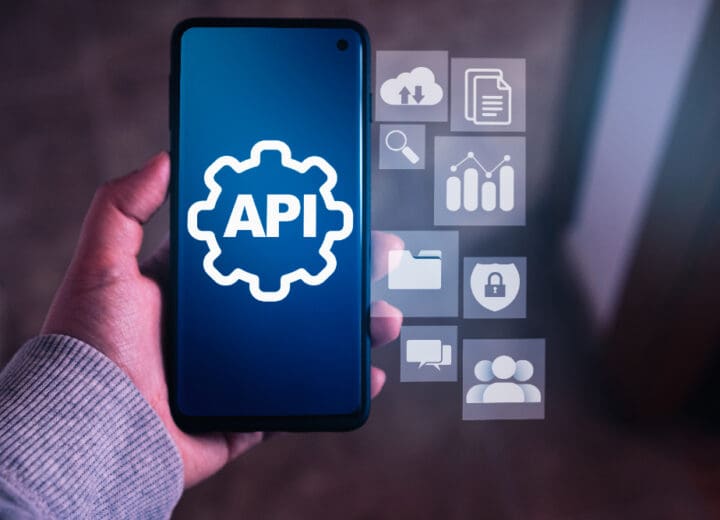In today’s digital age, creators have numerous tools at their disposal to earn from their craft. The constant evolution of technology offers endless possibilities for individuals to profit from their content. Understanding how to leverage these platforms can significantly impact revenue streams.
Content monetization platforms are designed to facilitate creators in earning from their work, be it videos, podcasts, or written content. The dynamics involve multiple strategies including direct and indirect monetization, each offering unique benefits. As the creator economy expands, knowing the ins and outs of these platforms is crucial for sustained success.

Who Should Monetize Their Content?
Any individual delivering valuable insights or entertainment can consider monetization. Experts can offer courses, while entertainers can rely on ads or viewer support. Writers have opportunities through ads or exclusive content offers. The key is identifying a niche and consistently catering to your audience’s needs. A loyal following often opens avenues for monetization.
Establishing a dedicated readership or viewership is a strong indication to start monetizing. If your work is receiving positive reactions and shares, it might indicate readiness. Unique perspectives or content pieces that aren’t widely available also suggest potential for monetization. Passion is essential, since monetization demands dedication and perseverance.
How Does Content Monetization Work?
Revenue generation from content involves engaging and growing an audience. This may include SEO tactics, social media outreach, or collaborations to attract viewers. Successful monetization needs selecting appropriate revenue methods that align with the content type and audience.
After choosing a monetization strategy, implementation is vital. It might mean signing up with ad networks, launching merchandise, or forming affiliate partnerships. A vital part of this process is continuing to engage with the audience, ensuring they remain invested in your content.
Monetization is an ongoing endeavor that requires flexibility. Engaging with audience feedback and adjusting strategies is key. Diverse content updates and interactive engagement can maintain interest and optimize monetization outcomes.
Examples of Content Monetization
Various fields highlight the effectiveness of monetization strategies. YouTubers benefit from ad revenue and sponsorships, while bloggers often utilize a mix of ads and affiliate links. Platforms like Patreon offer podcasters and writers subscription models for exclusive content offerings.
Streamers can monetize through advertising, donations, and subscriptions. Digital artists, musicians, and developers often sell direct products or crowdfunding for new endeavors. Educators can leverage platforms like Teachable for courses, impacting learning while generating income.
Influencers maximize partnerships, while authors monetize through traditional sales and workshops. Such methods reveal monetization’s role across diverse sectors.
How to Monetize Your Followers
Understanding what draws your audience is foundational for monetization. Use popular content analysis to better target your creations and boost engagement.
Select monetization methods fitting your audience demographics and content style. Direct sales, affiliate links, and ad revenue offer varied avenues. Testing different approaches will reveal what best resonates with your audience.
Diversifying across platforms can buffer against individual platform reliance, thereby spreading potential risk. Making exclusive, niche-focused offers strengthens this approach.
Using Email Marketing
An email list serves as a valuable marketing tool, allowing direct communication with followers. Incentives like discounts increase sign-up rates and segment the audience for tailored outreach, optimizing engagement.
Careful targeting and tailored messaging in emails can significantly enhance follower interaction and monetize content effectively.
Benefits and Downsides of Monetizing Your Content
Monetization offers financial freedom and validates content value. It pushes creators to produce high-quality work and build communities around their content. Yet, it also involves pressure to continuously perform, which can lead to burnout. Managing this involves balancing sustainable practices with content creation.
Reliance on platforms poses risks due to policy changes or shutdowns. Ethical concerns may arise, especially when prioritizing financial over creative integrity. Nevertheless, careful planning can mitigate downsides.
Understanding and efficiently utilizing content monetization strategies can transform passion projects into profitable ventures. While there are inherent challenges, the potential benefits offer promising opportunities for creative and financial growth.




